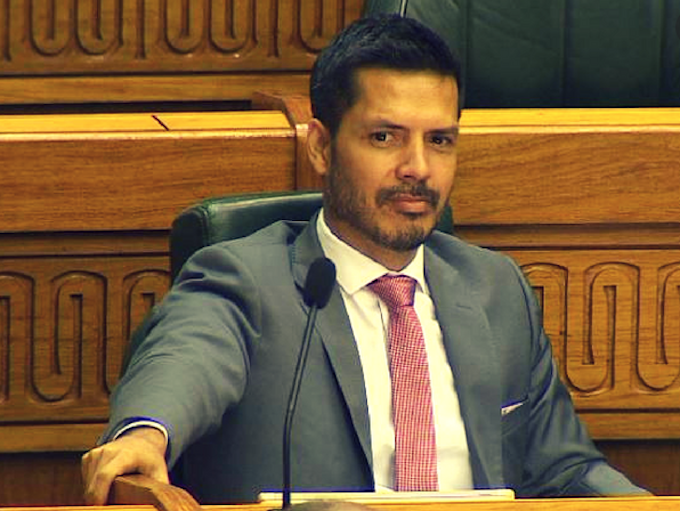
Asia Pacific Report newsdesk
Billions of kina are lost to undelivered state contracts every year in Papua New Guinea and investigations into some of these incomplete projects have begun with more than K25 million (NZ$10.3 million) already recovered.
Justice Minister Bryan Kramer told the PNG Post-Courier yesterday that the State Audit and Recovery Taskforce (SART), an administrative inter-departmental team headed by the Department of Justice and Attorney-General (DJAG), was examining these contracts and would prosecute default contractors.
“The exact value of the contracts the taskforce is currently investigating, from only three government departments it is assisting — Health, Education, and Lands and Physical Planning, is K283,140,015.96 (about NZ$116.5 million).
“When you take into account that most, if not all, government departments and state-owned enterprises give contracts annually, we are talking about funds in the billions,” Kramer said.
“But there is no mechanism in the government system to hold contractors liable if they do not fully deliver their contracts.
“The only way is through the Claims by and Against the State Act 1996 which has not been used since its inception.
“In the SART initiative, we are using this act to make claims against contractors for breach of contract should they fail to uphold their end of the bargain,” he said.
First site inspection
“The taskforce started work in 2019, and in 2020 conducted its first site inspection on various contracts referred to them by departments across the country.
“The team audits the contract entered into by the state and its departments and agencies and ensures that the contractor has completed the task.
“If the contractor has not delivered the project, then the Attorney-General will commence civil court proceedings for breach of contract under the Claims by and Against the State Act, and criminal proceedings under the Proceeds of the Crime Act to recover the misapplied state funds through the Office of the Public Prosecutor.
“The SART is working with the Department of Education and Department of Health to recover funds paid for a number of classrooms and health centres that have not been built, even though monies were released for these projects.
“The taskforce is also assisting the Department of Lands and Physical Planning (DLPP) to recoup outstanding rental arrears for state leases where the current outstanding is K241 million.
“Of that amount, K28 million has been recovered by the team.
“Every year approximately K34 million is lost in unclaimed state lease rental arrears in Port Moresby alone because it is statute-barred in accordance with the Frauds and Limitations Act and cannot be recovered,” Kramer said.
Recovery proceedings
“The DLPP cannot commence recovery proceedings in court to claim the outstanding rental arrears because they are not mandated to represent the state in court.
“This power lies with the Attorney-General utilising the Claims By and Against the State Act 1996.”
Statute barred describes a legal action that cannot be brought to court because too much time has passed.
He said the collaboration with the Attorney-General, SART and the DLPP to recover the outstanding rental arrears would be strengthened going forward.
He thanked the Attorney-General and DJAG Secretary Dr Eric Kwa for his leadership and the members of the taskforce for their commitment to all the cases.
The state agencies that make SART are, Department of Treasury, Department of Finance, Department of National Planning and Monitoring, Department of Implementation and Rural Development, Department of Provincial Affairs, Department of Lands and Physical Planning, National Procurement Commission, Office of the Auditor General, and the Royal PNG Constabulary.
“The partnership between agencies is effective to ensure the taxpayer’s hard-earned money is used where it should be.”











































